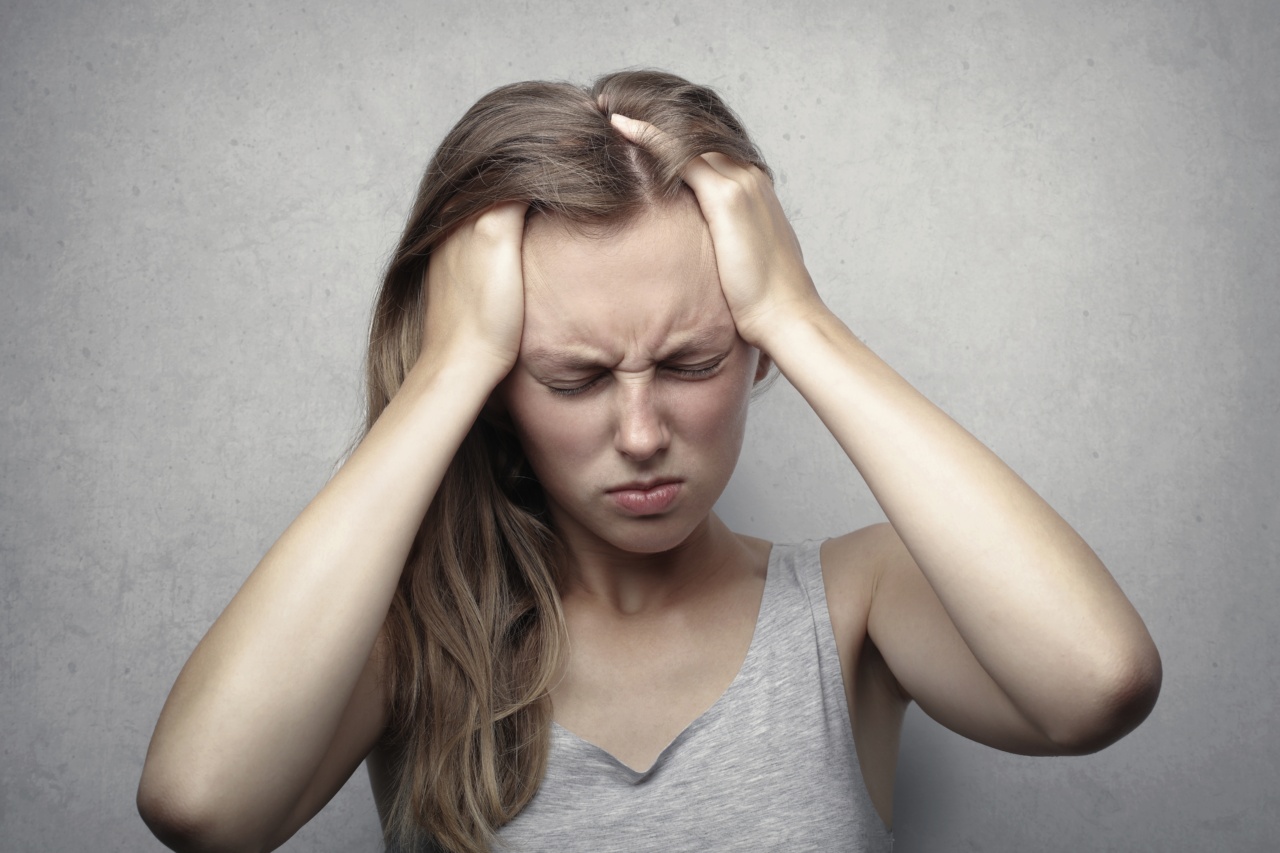Healthy and strong hair reflects the overall well-being of your body. The appearance of your hair can be affected by various factors such as genetics, environmental conditions, stress, hormonal imbalances, unhealthy habits, and aging.
Hair problems like hair loss, thinning, breakage, and dullness can be distressing and can affect your confidence level. Therefore, it is crucial to take care of your hair by following a healthy diet, adopting a good hair care routine, and minimizing exposure to damaging factors.
Eat a Balanced Diet
The first step to healthy hair is through nutrition. Eating a healthy and balanced diet rich in vitamins and minerals can nourish your hair from the inside out and promote healthy hair growth.
Add food sources that are rich in protein like lean meat, fish, poultry, eggs, beans, and legumes. These are essential to grow and strengthen hair. Also, add fresh fruits and vegetables to your diet as they provide antioxidants and vitamins that can protect hair from damage.
Keep Your Hair and Scalp Clean
One of the essential steps in hair care is to keep your hair and scalp clean. Use a gentle shampoo that is suited for your hair type and wash your hair regularly to remove dirt, oil, and product buildup.
However, washing your hair too frequently can strip your hair of its natural oils and make it dry, brittle, and prone to breakage. Therefore, it is recommended to wash your hair at least twice a week or as needed.
Use Conditioner After Shampooing
Conditioner is an excellent product that can smooth damaged hair cuticles and make hair more manageable and shiny. Apply conditioner to the ends of your hair, avoiding the scalp, and leave it on for a few minutes before rinsing it off with water.
Conditioning can also help reduce hair loss by strengthening hair strands and preventing breakage.
Avoid Overheating Your Hair
Excessive heat can damage your hair and weaken the hair shaft. Therefore, it is essential to avoid excessive use of heat on your hair. Use a heat protectant spray before using any heat styling tools such as hairdryers, straighteners, or curlers.
Avoid using these tools on wet hair as it can cause more damage to the hair.
Trim Your Hair Regularly
Regular trimming can help keep your hair healthy and prevent split ends and breakage. Trimming does not necessarily promote hair growth, but it can prevent further damage to the hair shaft and safeguard the length of the hair that is already grown.
It is recommended to trim your hair every six to eight weeks.
Massage Your Scalp
Scalp massage can stimulate blood flow to the hair follicles and promote hair growth. Use your fingertips to gently massage your scalp in circular motions for a few minutes every day.
This can also help relieve stress and tension in your scalp, which can affect hair growth.
Use Hair Masks
Hair masks can provide deep moisturization to your hair and make it more manageable and shiny. You can make a hair mask at home using natural ingredients such as coconut oil, honey, avocado, and yogurt.
Apply the hair mask to your hair and leave it on for at least 30 minutes before washing it off with a gentle shampoo and conditioner.
Avoid Tight Hairstyles
Tight hairstyles like ponytails, braids, and topknots can pull your hair and cause breakage and hair loss. Opt for loose hairstyles or wear your hair down to reduce tension on the hair shaft.
You can also use soft hair accessories like scrunchies and silk scarves to secure your hair without causing any damage.
Reduce Stress
Stress can affect your body and mind, including your hair. Chronic stress can cause hair loss, thinning, and dullness.
Therefore, it is essential to manage your stress level by practicing relaxation techniques like meditation, yoga, or deep breathing exercises. Also, make sure to get enough sleep and exercise regularly to keep your body and mind healthy.
Consult with a Professional
If you are experiencing severe hair problems like hair loss, thinning hair, or scalp issues, it is recommended to consult with a professional.
A dermatologist or a trichologist can diagnose and treat hair problems and provide customized hair care solutions that are suited for your hair type and condition.





























